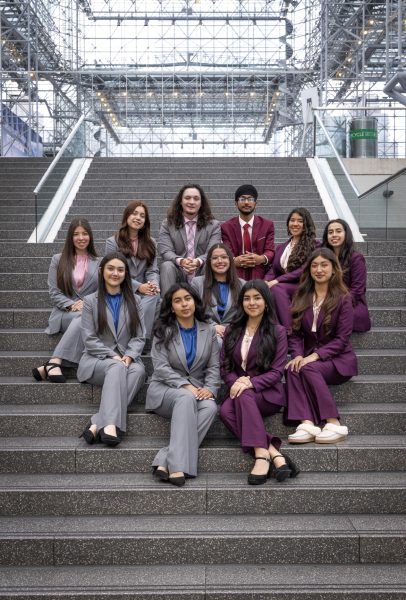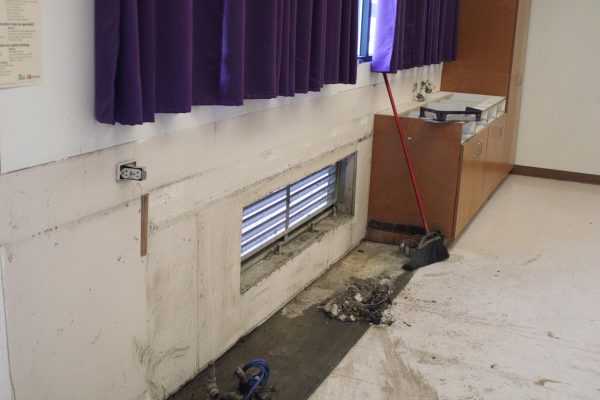Medicaid is Coming to an End
March 30, 2023
After nearly three years, the COVID-19 state of emergency ended in California on February 28th and is slated to end at the federal level on May 11th, revoking coverage of the low-income health program for millions of Americans. The state of emergency was issued in March 2020 as a response to the outbreak of COVID-19, and along with the federal government’s declaration it expanded coverage to millions of people disadvantaged by the pandemic.
The announcement coincides with an overall consensus that the COVID-19 pandemic is over, which recent reports suggest. The number of confirmed COVID-19 cases has been on a decline for the better part of a year now, and for the most part, things are returning to normal. However, many families across the country, including some at Ridgeview have not yet fully recovered financially from the pandemic.
Sophomore Adrean Quevedo expressed a mixed opinion on the overall existence of Medicaid and Medicare programs in the first place, stating that on one hand there were “more taxes, on the other hand, smaller medical bills. I’d say overall these programs are a good thing, sure.” Quevedo also expressed that the COVID-19 state of emergency should not stay in place, instead proposing a “form of Medicaid to be compensated- like a gross pay. Sort of stimulus style.”
The effect of this revocation of coverage on students at Ridgeview is also important. Quevedo assumed that “some students may not have the greatest Medical Insurance situation; so injuries, especially in the sports area, may become more severe and lead to less student participation in after-school events.”
Sophomore Thomas Alegria likened COVID to an “advanced version of the cold” as long as you are vaccinated, which coincides with a major shift in public opinion favoring the loosening of COVID restrictions. Alegria further stated that he, “doesn’t think the quarantine thing should still exist, but Medicaid would be good to have around.” Alegria speculated that this loss of coverage, “could take away a lot of the free lunches at school.” Alegria felt the revocation of coverage was “kind of scummy”, but that it wouldn’t affect him much.
Admittedly, Quevedo expressed that he was not well-versed in the ins and outs of the healthcare system, which in recent years has been the target of ridicule due to the expensive hospital bills that many families spend years paying. This has led some to avoid going to the hospital to avoid high costs and bills. This means they are not seeking vital treatment, which opens up the door to further injury and even death.
With the end of the state of emergency, many families might end up paying more than they are able to afford on medical expenses, just as Quevedo expressed. The consensus among Quevedo and Alegria was that the existence of these programs is an overall good thing, as they provide resources and care for those who need them, especially with the current state of the United States economy. If we are to ever reform our system of healthcare, we must keep in mind those who do not have as many resources, even if the Pandemic is not an immediate threat.







